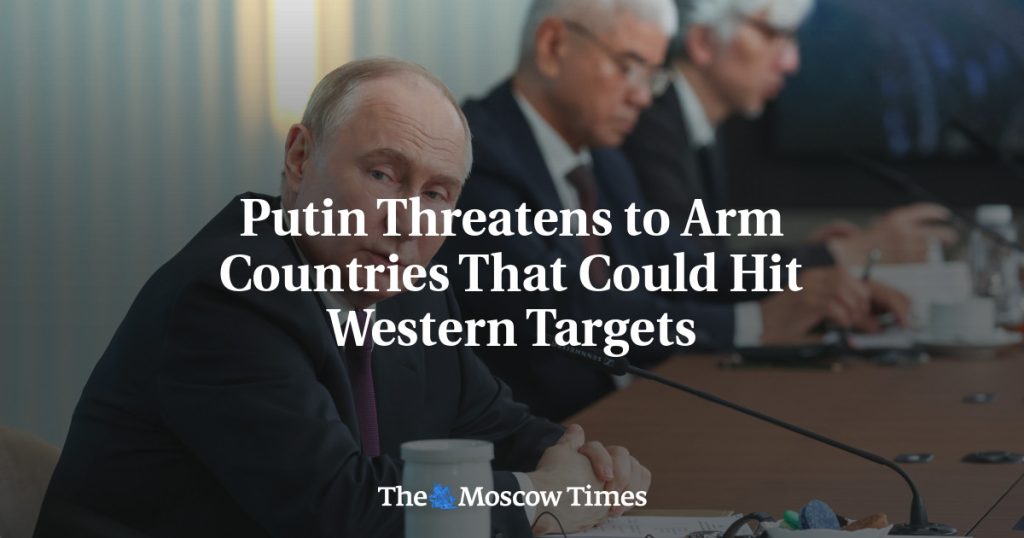Russian President Vladimir Putin criticized the West’s delivery of long-range weapons to Ukraine, warning that Moscow could arm other countries to attack Western targets in response. After several Western countries, including the United States, gave Ukraine permission to strike targets inside Russia, Putin argued that this move could lead to a dangerous escalation. He singled out Germany for supplying tanks to Ukraine, saying it damaged Russian-German relations and invoked memories of World War II. The Russian leader emphasized that his country did not start the war in Ukraine, attributing the conflict to a pro-Western revolution in 2014.
Putin downplayed the issue of military casualties in the conflict, saying that Russian battlefield losses were one-fifth of Ukraine’s. He refused to disclose the exact number of casualties on the Russian side and acknowledged that discussing losses was not common practice. The sensitive nature of discussing military casualties in Russia is further emphasized by the strict ban on criticizing the conflict and spreading false information about the army. Putin expressed readiness to assist in investigating the killing of AFP video journalist Arman Soldin in Ukraine last year, indicating Moscow’s willingness to cooperate despite the circumstances of the journalist’s death in a warzone.
The Russian leader dismissed questions about the potential impact of a victory by either former U.S. President Donald Trump or incumbent Joe Biden on U.S.-Russia relations, stating there would be no significant difference. He criticized the criminal charges brought against Trump as politically motivated, viewing them as a way to use the judicial system in internal political struggles. Putin’s comments on Trump’s criminal conviction and the subsequent implications for the perception of U.S. democracy reflect a strained relationship between Russia and the U.S. Putin highlighted the constant contact between Russia and the United States regarding a possible prisoner exchange involving jailed U.S. journalist Evan Gershkovich, who was arrested on espionage charges last year.
Putin’s threat to arm other countries in response to the West’s support for Ukraine indicates a potential escalation of conflicts and a shift towards asymmetric responses in the global arena. The Russian leader’s comments regarding military casualties reveal the sensitivity and censorship surrounding the discussion of losses in conflict. Putin’s criticism of Western support for Ukraine, as well as his views on U.S. domestic politics, suggest a complex and contentious relationship between Russia and the West. The ongoing discussions about a prisoner exchange between Russia and the United States further complicate bilateral relations, highlighting the delicate diplomatic balance that exists between the two countries. Ultimately, Putin’s comments underscore the challenges and complexities of navigating international relations and addressing global conflicts in the context of ongoing geopolitical tensions.















